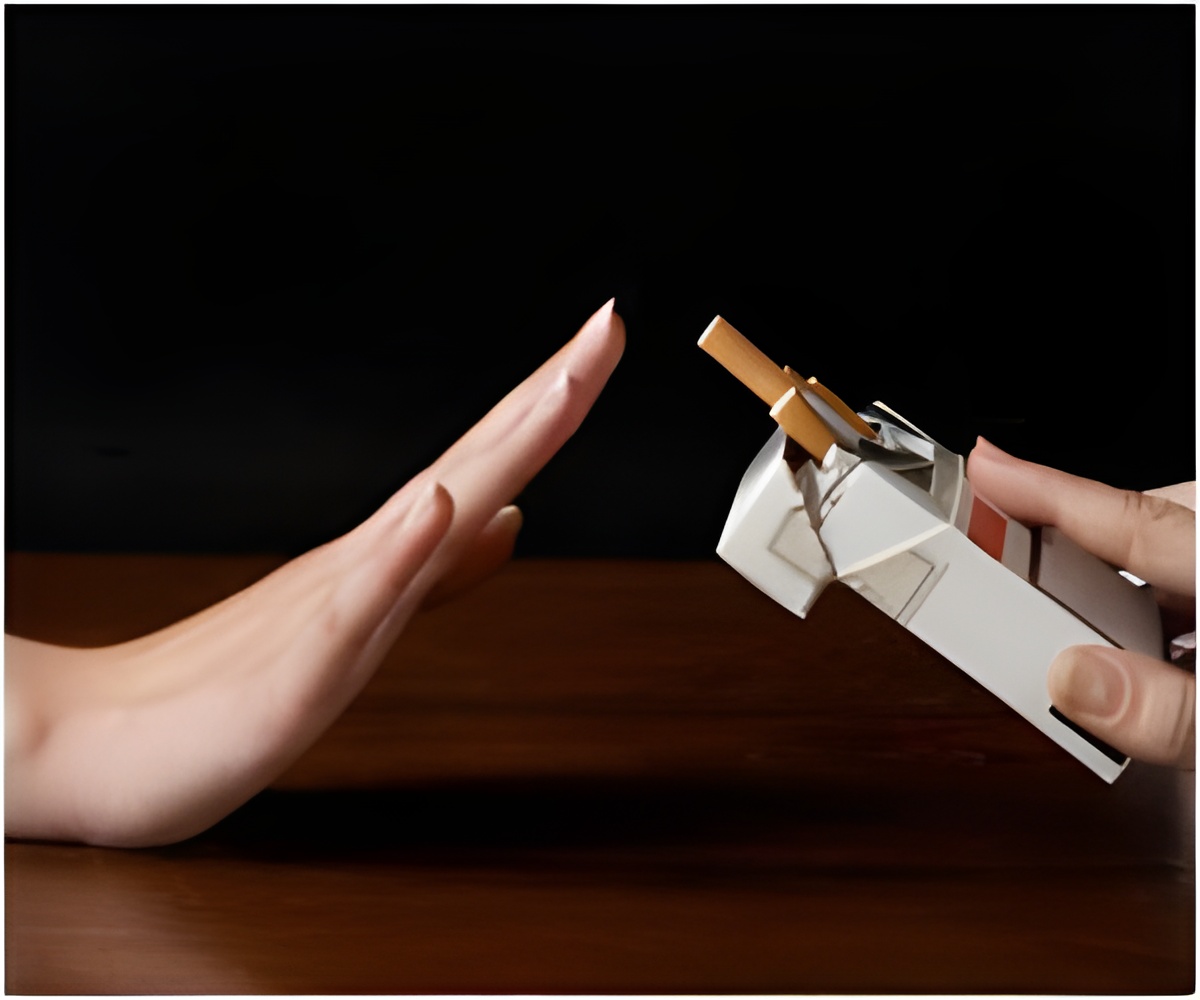
Michael Businelle, Ph.D., assistant professor at The University of Texas School of Public Health, part of UTHealth, and colleagues collected data from 302 female participants between the ages of 18 and 70 who were attempting smoking cessation in Seattle between 1999 and 2002.
Businelle and colleagues exclusively focused their study on smoking cessation in women because women have greater difficulty with quitting as compared to men.
Participants recorded their individual smoking urges at random time points throughout the day as cued by hand held computers. Participants also completed temptation assessments each time they felt an urge to smoke.
Overall, subjects reported higher and more volatile smoking urges on days when alcohol was consumed. "Interestingly, these higher, more volatile smoking urges were reported before the individual actually began drinking, suggesting that alcohol consumption may have been in response to smoking urges rather than vice versa" Businelle said. While smoking urge volatility increased following alcohol consumption, the smoking urge trajectory did not.
Additionally, the study showed that women were more likely to drink alcohol on days when they woke up with higher urges to smoke as compared to days when they woke up to lower smoking urges. This finding may indicate that women undergoing a cessation attempt may try to reduce cessation-related stress by using alcohol. This pattern of urges and alcohol consumption could indicate a vicious cycle whereby smoking urges could lead to alcohol consumption, and, in turn, lead to greater urges to smoke and increased likelihood of relapse.
Advertisement
Source-ANI











